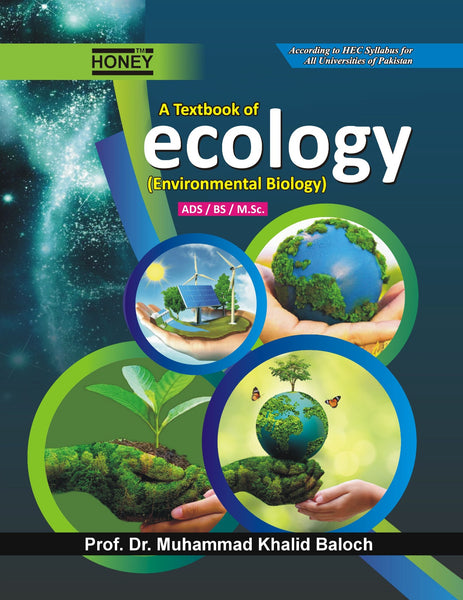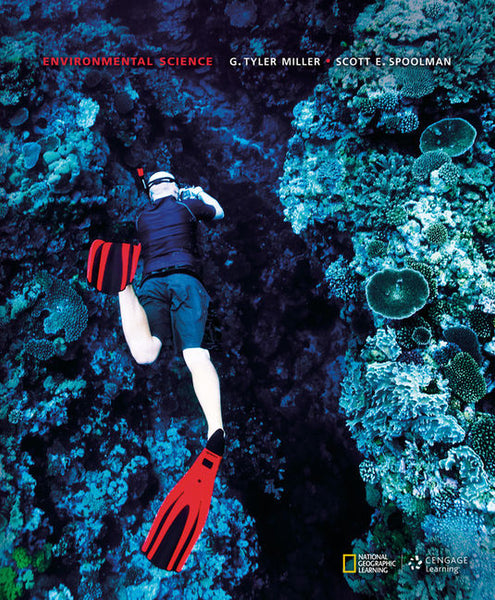Environmental Biology By D N Saksena
- Publisher: BIOLOGY
- Availability: In Stock
- SKU: 49364
- Number of Pages: 335
Rs.740.00
Rs.1,050.00
Tags: affordable prices , best books , best books online , best online store , Best Price , best prices , Best Selling Books , best shop , BestBuy’s , Book Shop , Book shopping , bookshop , bookshop Multan , bookshop near me , bookshop online , bookshop online Multan , bookshopPakistan , BUY ONLINE , buy online books , climate change , climate change impacts , Convenient Shopping , digital shopping , DM Gaidhane , DN Saksena , Environmental Biology , environmental pollution , good books , good books online , good booksonline , Internet Shop , Largest Online Bookstore in Pakistan , latest books online , one stop shop , online , Online Book Shop , ONLINE BOOKS , Online Books Shop , online books store , Online Bookshop , Online Bookshop Pakistan , online bookstore , online shop , online shopping , Online Shopping Pakistan , onlinebooks , OnlineShoppingPakistan , Pakistan Bookshop , PakistanBookshop , PakistanOnlineShopping , price cut , price-friendly Comprehensive , ReasonablePrice , reduced price , Revised & Up to dated , secure shopping , Shopping , ShopSmartPakistan , soil quality , Virtual Shop , water quality
Environmental biology explores the intricate relationships between organisms and their environment, encompassing ecosystems, biodiversity, and the impact of human activities on natural systems. This comprehensive field of study delves into the interplay of ecological principles with conservation efforts, aiming to balance sustainable development with environmental preservation.
Key Points:
1. Ecosystem Dynamics Discusses the interactions between biotic and abiotic factors within ecosystems.
2. Biodiversity Conservation Importance of preserving species diversity for ecological stability and resilience.
3. Environmental Pollution Impact of pollutants on ecosystems and human health, emphasizing mitigation strategies.
4. Climate Change Examines the causes and consequences of global climate change on biodiversity and habitats.
5. Sustainable Development Principles of sustainable practices to minimize environmental impact while meeting human needs.
6. Water and Soil Quality Factors influencing the quality of water and soil resources, and their significance for life.
7. Renewable Energy Role of renewable energy sources in reducing environmental degradation and carbon footprint.
8. Wildlife Conservation Efforts to protect endangered species and their habitats through conservation biology.
9. Environmental Policy Role of governmental policies and international agreements in environmental management.
10. Ethical Considerations Ethical perspectives on environmental stewardship and responsibilities of individuals and societies.
In conclusion, environmental biology plays a pivotal role in understanding and safeguarding our natural world, advocating for sustainable practices, and fostering harmony between human activities and the environment.
════ ⋆★⋆ ════
Writer ✤ D N Saksena ,DM Gaidhane





















